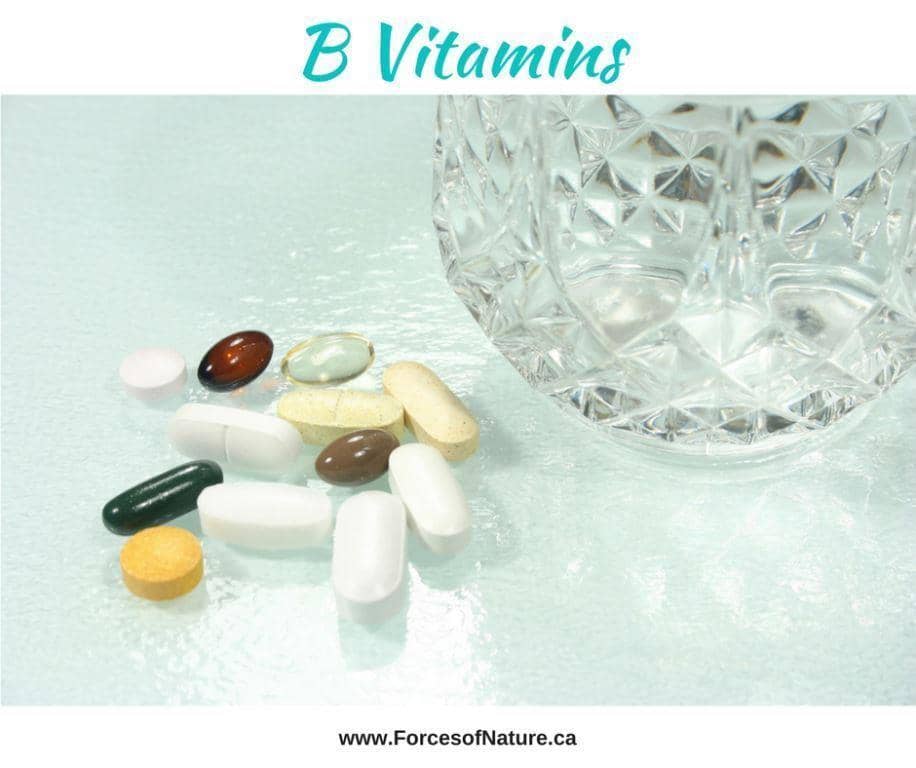Top Tips to Increase Your Energy
You know you’re having a great day when you feel good and you can easily accomplish the tasks at hand.
Do you bounce out of bed in the morning? Sing in the shower? Do you need that extra cup of joe at 3 pm? Do you have the energy to play games with the kids after dinner?
Now, how often do you feel like that? More importantly, do you remember the last time you felt that way? It’s normal to have periods where life is so busy that our energy has to be directed to specific tasks, where we might feel overtaxed. If you’ve been feeling lackluster for a long period of time and can’t seem to get out of that funk, it’s time to address your energy levels more proactively. Try exploring these tried and true tips for preserving and boosting your energy levels.
Breathe for Energy
While it is a common reaction to stress, shallow breathing prevents the body from receiving enough oxygen and that quickly depletes your body of energy. You may not even notice that your breathing has become quick or shallow until you’re already anxious and exhausted. The trick is to be mindful about your breathing every day so that you can recognize and respond appropriately when you need to.
One powerful and simple breathing technique we recommend is:
Sit down with both feet on the floor. Close your eyes, and press the tip of your tongue against the ridge behind your upper teeth. Exhale completely through your mouth, making a soft sighing sound. Inhale slowly and deeply through your nose for a count of four. Hold your breath for a count of seven, and then exhale through your mouth for a count of eight. Repeat for a total of four breaths. If you’re having trouble sleeping this breathing technique can also help you relax and fall asleep.
Short High-Intensity Exercise
Ideally, about a half hour of exercise, three times a week can help you increase your energy and motivation. The best kind of activity for revving up your energy is short bursts of high-intensity movement. You could take a HIIT class that focuses on interspersing bursts of cardio and strength training, do some jumping jacks beside your desk or you decide to get outside on your lunch break for a brisk walk, swinging your arms and moving vigorously. Bursts of exertion will help you rev up your engine and keep you going for the rest of the day. Extra points if these activities happen outside. You get additional energy boosting effects from being in nature and getting healthy doses of sunshine! Exercise increases blood flow which will deliver more oxygen and nutrients to your body and your brain cells, giving you more energy.
Stay Hydrated
Your body is about 60% water so if you’re dehydrated your body won’t be able to function as well as it should. Headaches, lethargy, dry mouth, irritability, these are all signs that you need to hydrate. When your body is hydrated, your blood can more easily carry oxygen and nutrients to where they need to be and that results in an energy boost.
Increase Your B12
B-vitamins are also known as the “happy” and “energy” vitamins for their ability to convert dietary nutrients into chemicals that the body can use for energy. While your body needs a few different varieties of B vitamins, one that is especially tied to good energy is vitamin B12. Exhaustion, pallor, anemia, feeling low and tired can all be indicators of low levels of vitamin B12. B12 is primarily found in animal-based foods like meat, dairy, and eggs, but is also available in much smaller amounts in plant foods like mushrooms. Be sure that you’re eating a diet rich in a wide variety of B12-rich foods! For those with severe B12 deficiency, vitamin B12 supplements are vital because if left uncorrected, vitamin B12 deficiency can cause permanent nerve damage.
Increase Blood Oxygen
Bet you didn’t realize that all of the previous four suggestions have one thing in common! They all positively affect your energy by pumping more oxygen into your body. Well-oxygenated blood feeds your body better, helps us think more clearly, and can greatly diminish fatigue and exhaustion. Want another way to help your body get the oxygen it needs? Add fresh plants to your home and office. Plants feed off of the carbon dioxide we exhale and replace it with fresh oxygen in the air. So, while you’re taking time to smell the flowers, take some time to sniff the plants as well. You just might find you’re breathing easier and feeling more lively too!
Consume More CoQ10
Coenzyme Q10 is a substance found in many foods, also known as ubiquinone, because it’s ubiquitous (found everywhere). CoQ10 helps the energy-producing organelles called mitochondria in each of your cells to work normally. As we age, our mitochondria diminish in number and can be damaged by environmental pollutants. Foods that are particularly rich in CoQ10 include organ meats like heart, liver and kidneys, as well as beef, sardines, and mackerel.
Avoid Common Food Sensitivities
If you’re waking up feeling exhausted every morning, despite getting at least 7-8 hours of solid sleep, it may be that your immune system is busy fighting your lunch or dinner from the day before. Food sensitivities can be exhausting because your immune system is doing battle with food, just like it would be battling a virus or bacteria. An elimination diet of some common food sensitivities like dairy and gluten may be warranted, especially if you are also suffering from digestive problems.
Identify Allergies
Sometimes the only symptom people have of a seasonal or environmental allergy is fatigue. If other causes of fatigue have been ruled out and your tiredness happens to coincide with peak pollen seasons like spring and late summer, it may be a sign of seasonal allergies.
Serious Causes of Fatigue
There are a number of disease states that can present as low energy or fatigue. Iron deficiency anemia, hypothyroidism, multiple sclerosis, lupus, Lyme disease and even cancer can exhibit fatigue as a symptom. If you are concerned, please see your doctor for appropriate testing and diagnosis of the cause of your fatigue.
Bonus Tip:
Ask your doctor to check your thyroid, iron and vitamin B12 levels through blood tests to rule out these common causes of fatigue.
Maintaining healthy energy levels can be challenging when you are faced with the stresses of everyday life, but these tips can help you rev up your engine and keep you humming a happy tune all day long. If you still find that your energy levels seem lower than usual, or you are having difficulty sustaining your energy levels over time, you may need a closer look at what is going on and we are here to help. Book an appointment to visit our clinic and let’s help you get back to your energetic self. Call us at 416-481-0222 or email Info@ForcesofNature.ca.
The Team at Forces of Nature Wellness Clinic
Chiropractic ~ Naturopathic ~ Osteopath ~ Massage Therapy ~ Registered Dietitian ~ Acupuncturist ~ Psychotherapist
References
Hernández-Camacho JD, Bernier M, López-Lluch G, Navas P. Coenzyme Q10 Supplementation in Aging and Disease. Front Physiol. 2018 Feb 5;9:44. doi: 10.3389/fphys.2018.00044. eCollection 2018.

